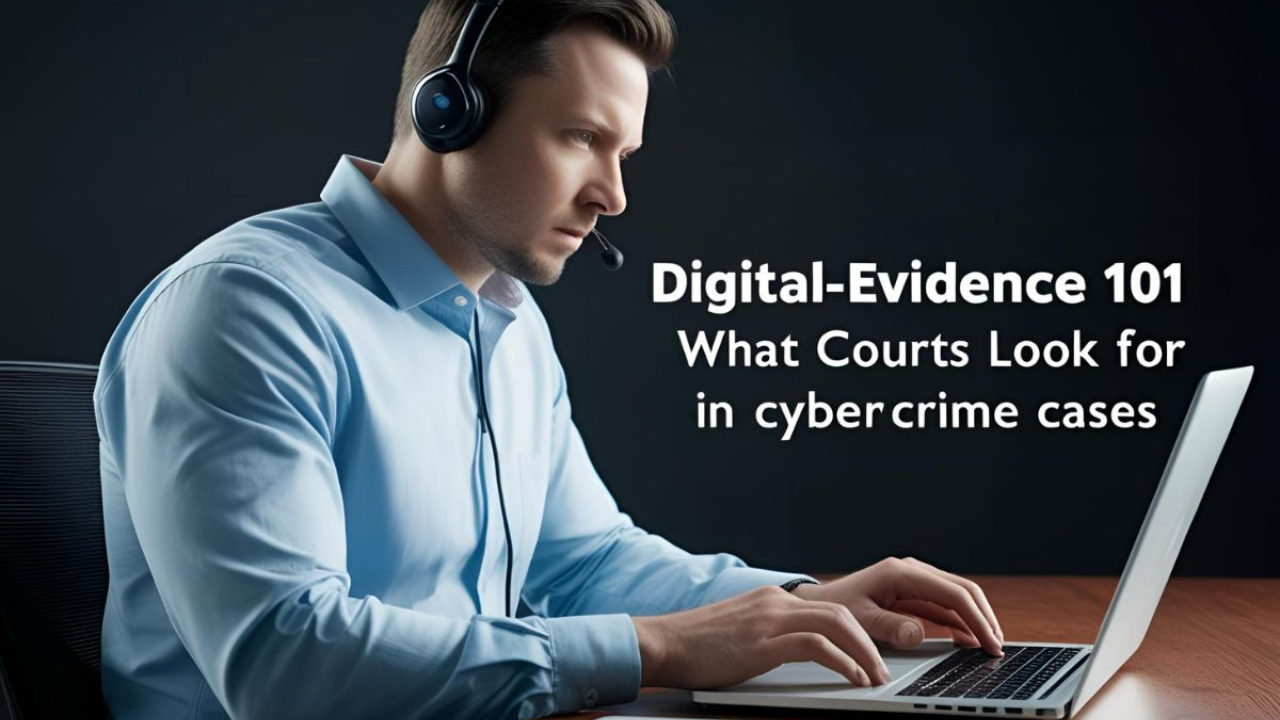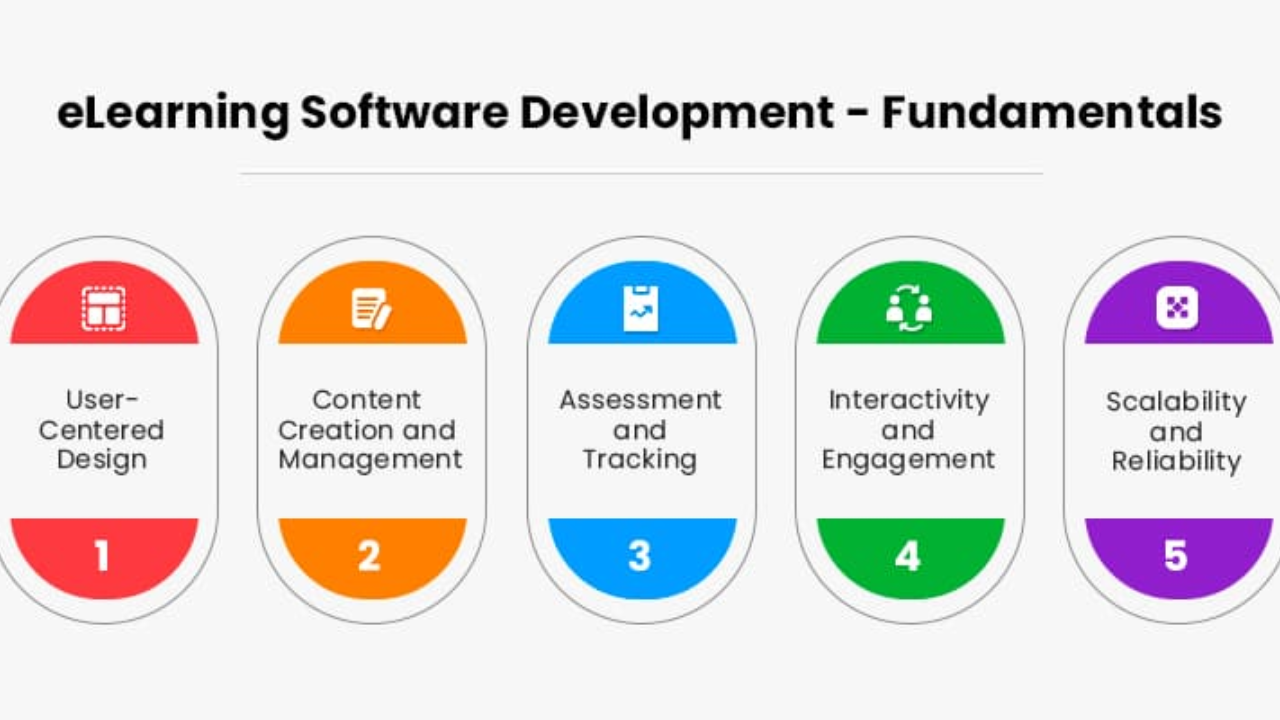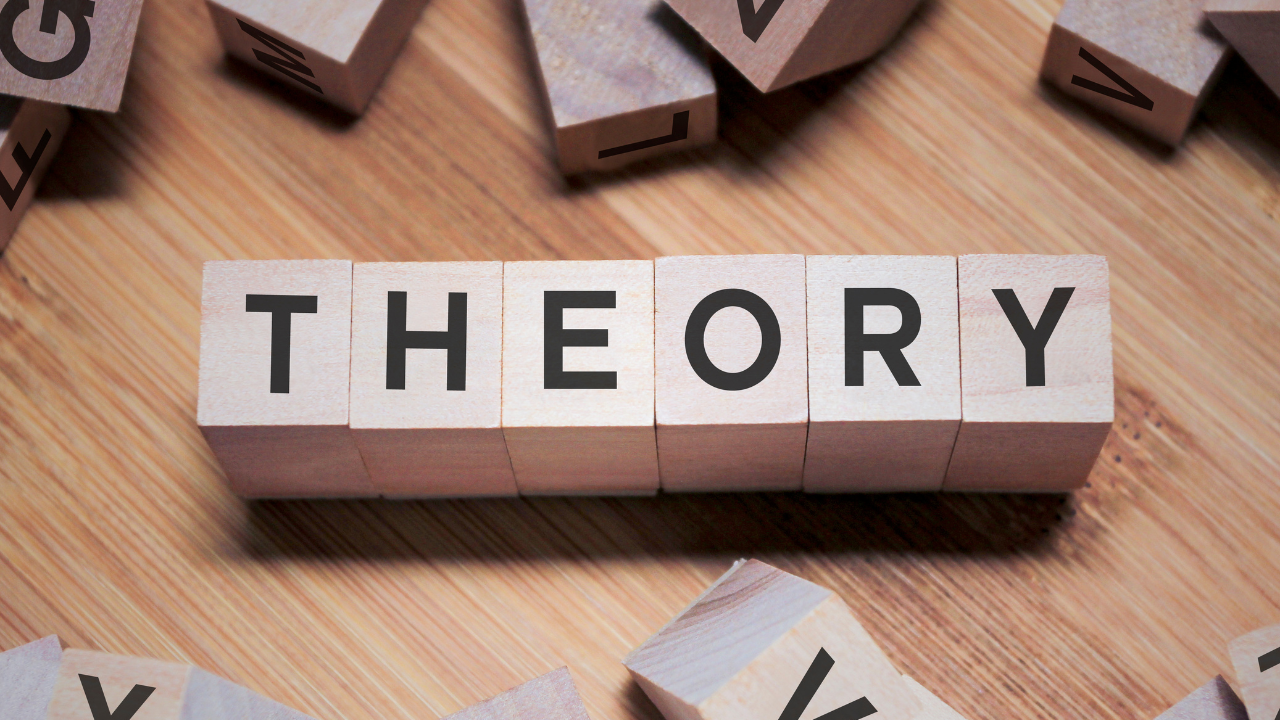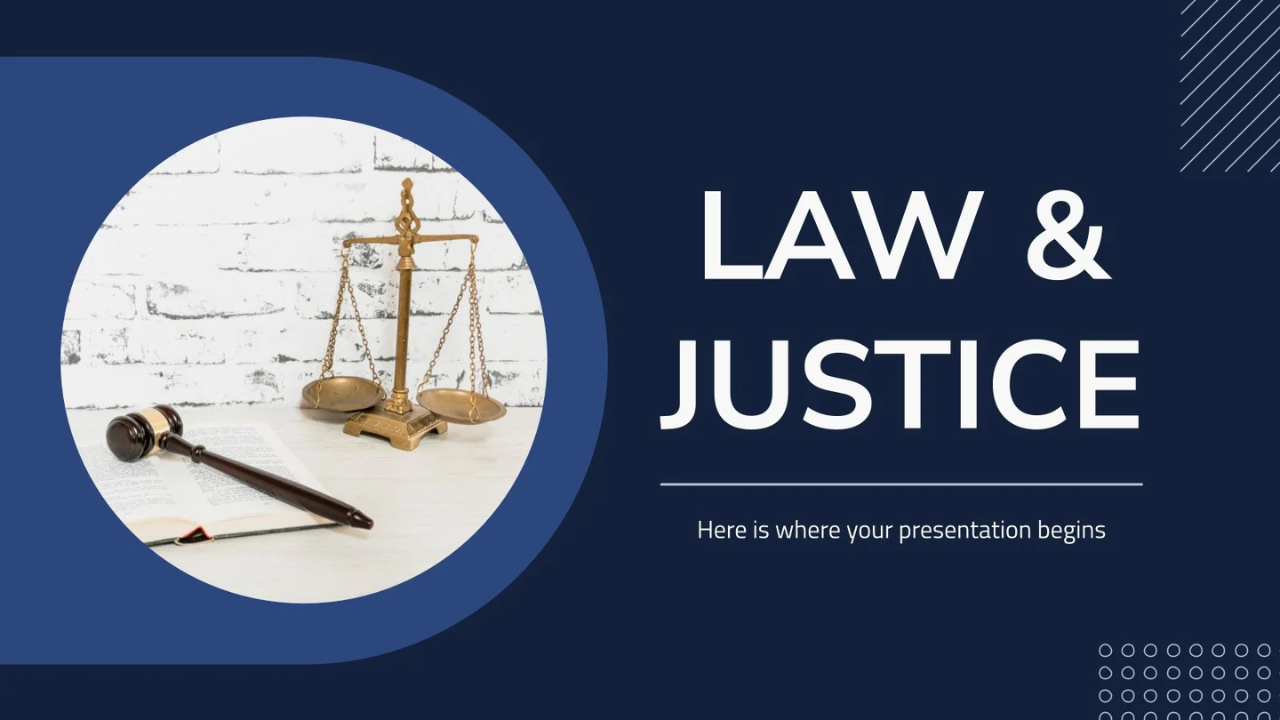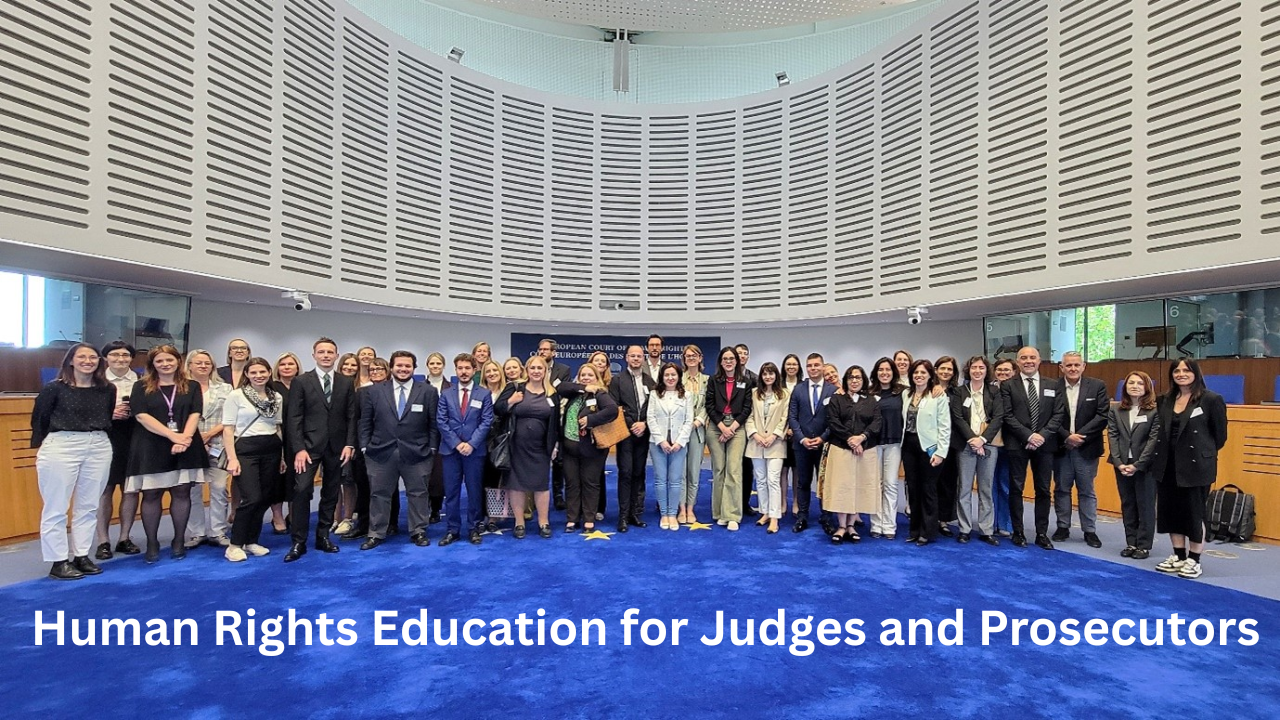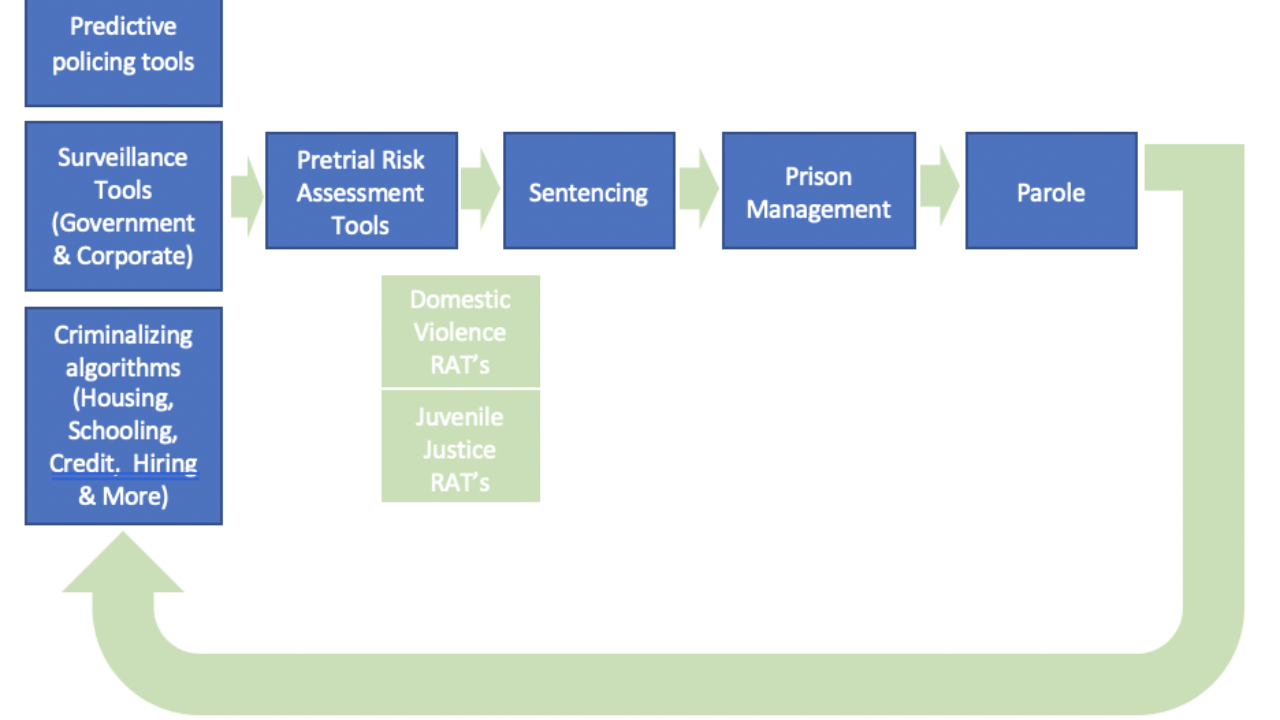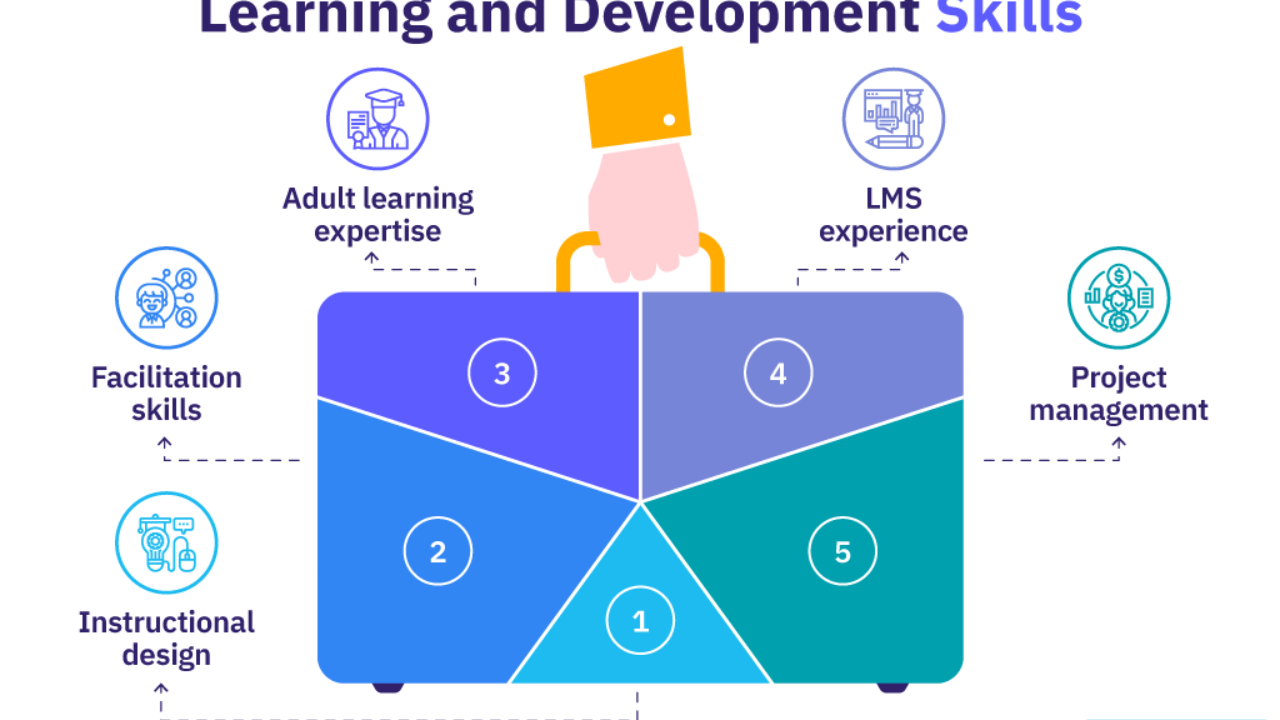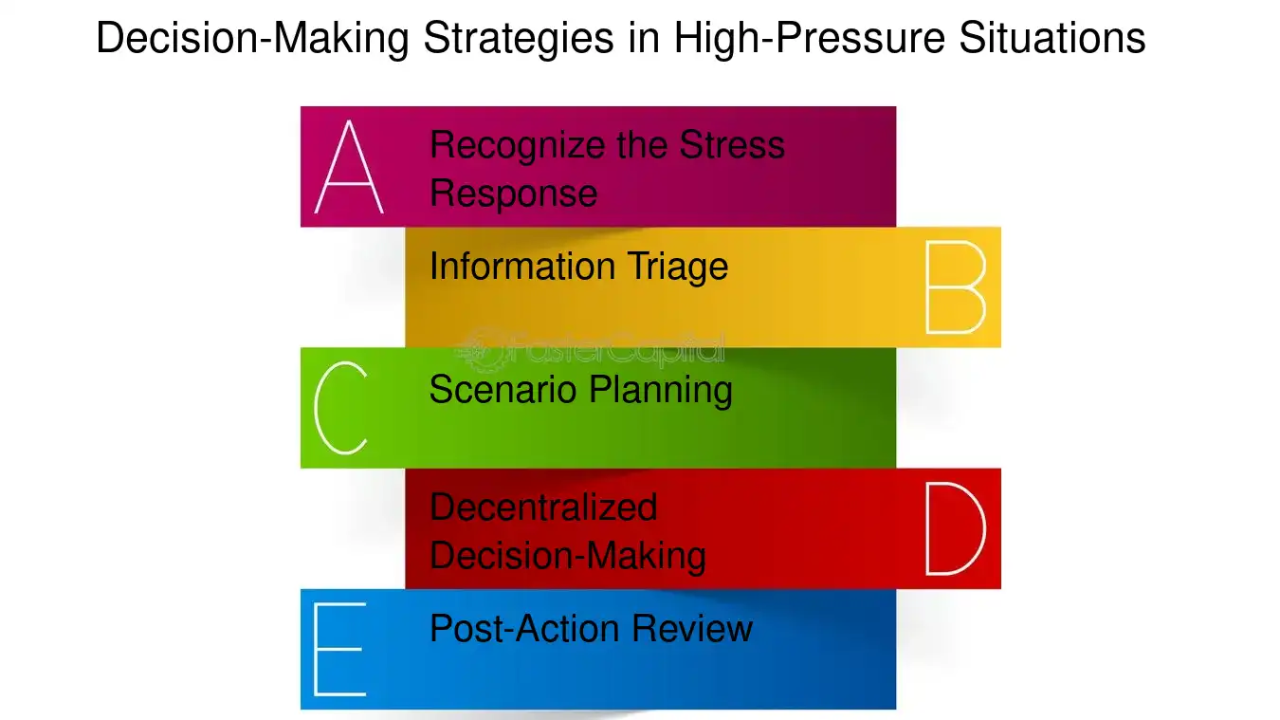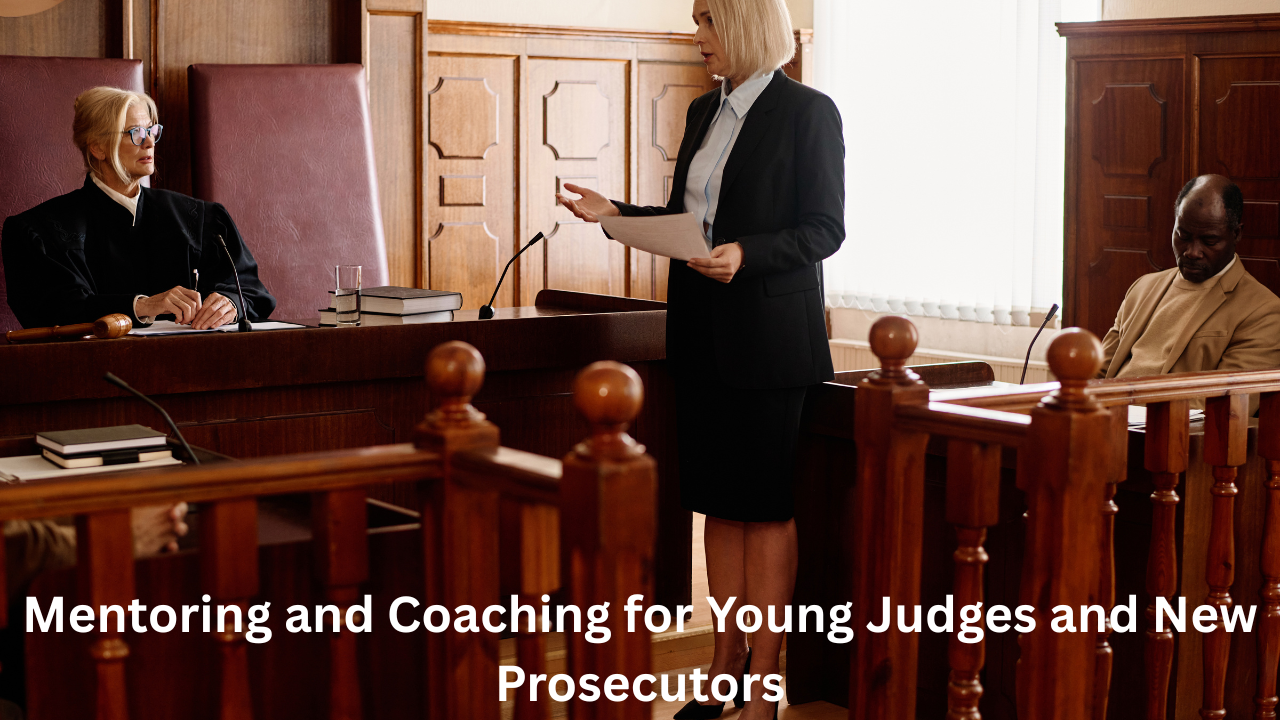You Won’t Believe What Judges Must Know About Cybercrime and Digital Evidence!
In an era where digital footprints are more telling than physical ones, judges are increasingly required to grapple with complex issues surrounding cybercrime and digital evidence. The sophistication of cyber threats, combined with evolving technologies and legal frameworks, demands that the judiciary remain informed and equipped to handle these challenges effectively. This article explores the … Read more

